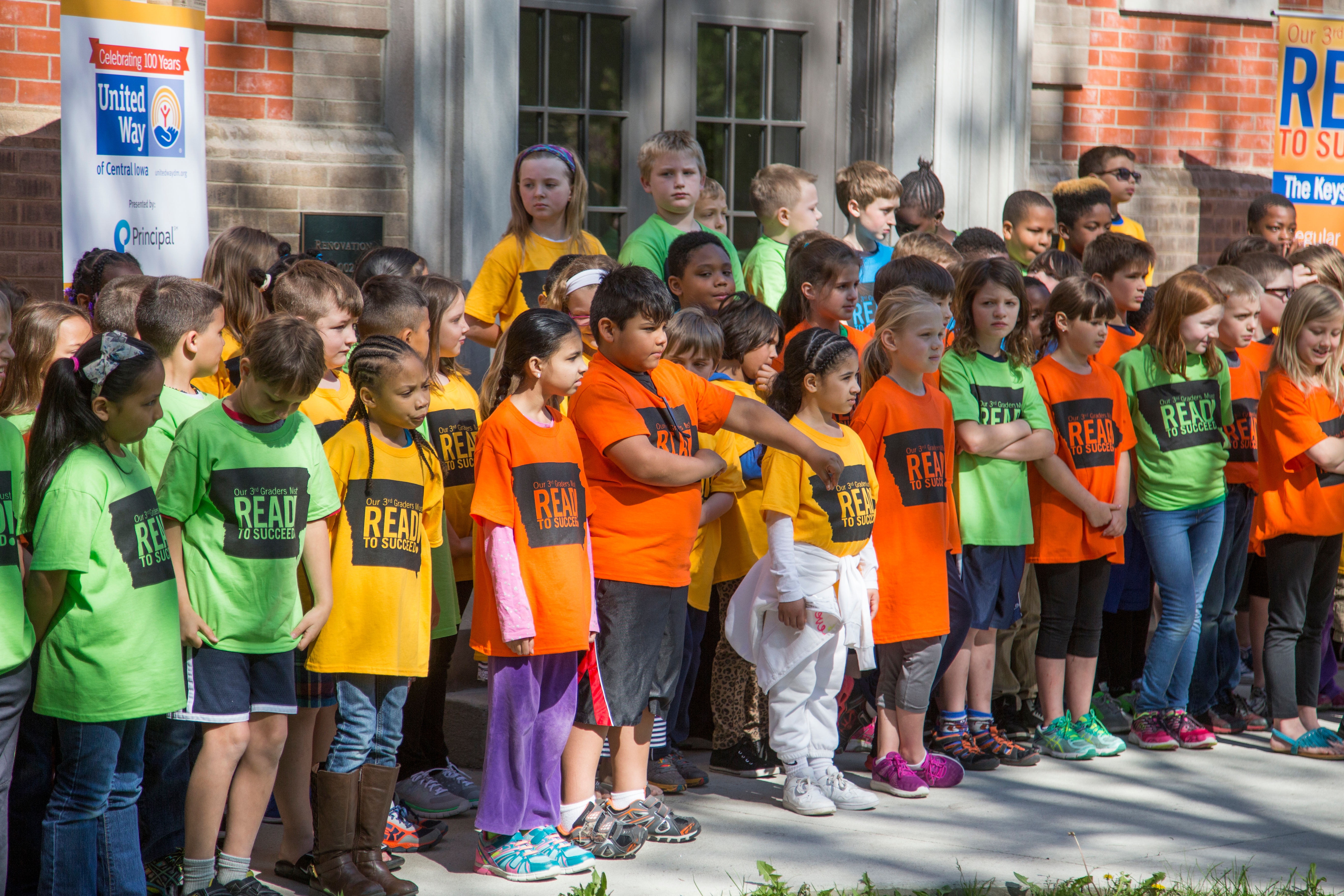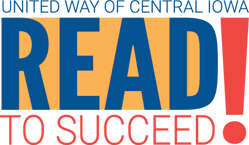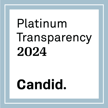Parents, teachers and the community can band together to collect new and gently used books for schools, out-of-school programs, child care centers and little libraries at home.
Follow these tips to start a book drive in your neighborhood or at your church, business or school.
Before your book drive:
- Identify your volunteers. Recruit a committee of volunteers to assist you with planning and pick-ups on collection day.
- Decide on the logistics.
- Determine where to hold the book drive. Good locations include: your office, small retail businesses or local schools. You don’t have to choose just one. You can ask businesses all over your area to collect books for the drive.
- Choose an appropriate time to hold the book drive. Join forces with an already-scheduled community event, or piggyback on a national celebration. (See below for suggestions).
- At each collection location, ask for approval from management, and place boxes in a highly visible area.
- Determine what type of books you want to collect and what age group you are targeting. Your range can be as wide or narrow as you like.
- Determine the length of your book drive. A typical one lasts 2 – 3 weeks.
- Select who is going to receive the books, and promote them in your other advertising efforts.
- Organize your materials. You’ll need boxes to distribute to businesses, storage space for the collected books and flyers to advertise your drive.
- Plan a kick-off event. Host a party, and ask each attendee to bring a book. Consider alerting local media to amplify your message.
During your book drive:
- Motivate. Create a raffle or organize a competition to encourage friends, neighbors, other parents, club members and co-workers to donate. Keep track of which location and which individual contributes the most books. Recognize the donors with certificates or awards.
- Spread the word.The most successful way to gather books is to ask your personal network to contribute. Make these requests in person or by phone. To reach a larger audience:
- Write a press release to share with television, radio and newspapers.
- Hang flyers in grocery stores, churches and schools (with permission).
After your book drive:
- Sort your books. Count the number of books you collected, and sort them by age range or where they will be donated.
- Celebrate. Host a drive-ending celebration to report the total number of books you collected and thank your participants. Report your total to the local media.
- Debrief. If you plan to hold a drive again in the future, get your committee together to consider what worked and what didn’t. Document changes to make your next book drive even better.
Frequently Asked Questions
Where should we donate the books?
- Choose your community first. Contact community leaders or United Way of Central Iowa to find out the organizations that need books the most.
- Put books directly into kids’ hands. Perhaps every child at a local school, particularly one in a low-income neighborhood, gets one book to take home.
- If you’ve collected more books than your community needs, share them with locations. Delicious hosts a list of organizations across the country in need of books.
- If you collected books for adults, too, consider sending them to soldiers serving overseas.
What books are best for kids?
Check out the American Library Association's lists of notable books for children up to age 14 and young adults.
When should we hold our book drive?
Any time of the year is fine. You can consider holding a drive in conjunction with other reading or literacy events in your local school or library, many of which participate in the following annual events:
- Read Across America Day (March)
- National Library Week (April)
- Children’s Book Week(May)
- Reading is Fun Week (May)
- Get Caught Reading Week (May)
- Banned Books Week (September)
- TeenTober (October)
- National Family Literacy Day (November)







%20-%20No%20Tagline.png?width=180&name=211%20Logo%20-%20color%20(white%20bubble)%20-%20No%20Tagline.png)

